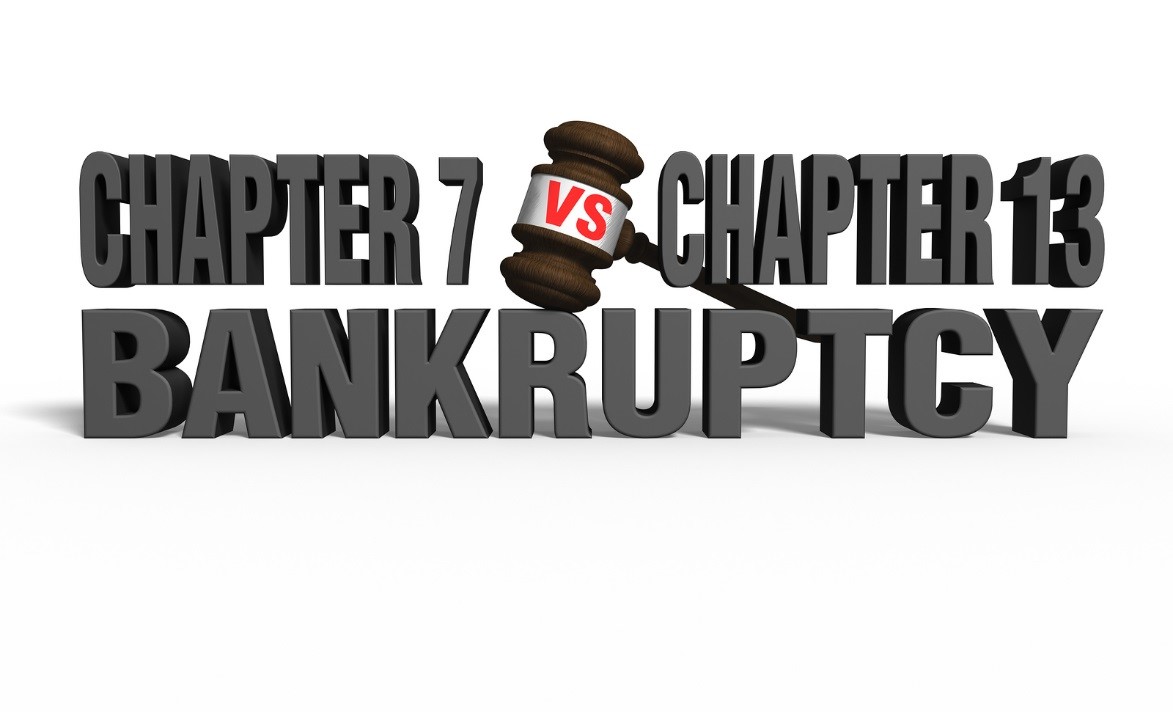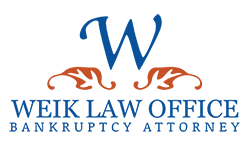GET HELP TODAY
If you are already stressed out due to massive debt, you may be seriously considering filing for bankruptcy. As the federal law defines it, declaring for bankruptcy is a legal proceeding that grants a fresh financial start for a debt-ridden individual.
Filing for bankruptcy can eliminate many types of legal obligation to pay most of your debts, stop foreclosure/repossession of assets, give you a chance to catch up with your payments, and put a permanent break on debt collection harassment and wage garnishment among others. However, declaring bankruptcy does not excuse an individual from paying for child support, alimony, and other debts related to divorce, student loans, criminal fines, court-ordered restitution, and some forms of taxes.

Types of Bankruptcy
There are generally four types of bankruptcy: Chapter 7 or straight bankruptcy; Chapter 11 or reorganization for a business; Chapter 12, which is wholly reserved for family farmers; and Chapter 13 or debt consolidation. Of these four, most individuals file either a Chapter 7 or a Chapter 13, depending on the situation.
File Under Chapter 7 if…
You want to wipe the slate clean. The reason why Chapter 7 bankruptcy is popular among debtors in Raleigh is because it discharges all your debts, and in most situations, you do not lose your property that is exempt by law. In many cases, if you qualify, you can wipe out credit cards, hospital bills, personal loans, and any other unsecured debt. You can often keep your car and house, but making the payments after you file.
Aside from immediate discharge of debts, filing a Chapter 7 will not require you to pay your creditors after it is discharged, thus resetting your financial health.
File Under Chapter 13 if…
You want to keep your valuable properties that would otherwise be non-exempt in a Chapter 7 because it is worth too much. A Chapter 13 gives the debtor an opportunity to present a feasible payment plan for certain debts in the next three to five years. For example, you may be paying an amount to make up the payments on your house, but only paying pennies on the dollar to your unsecured debt or wiping out the unsecured debt all together.
Unlike Chapter 7, filing under Chapter 13 will require you to have a steady source of income to ensure that you can make the monthly payments as proposed.
If you want to know more about filing for bankruptcy under the Chapter 13 or Chapter 7 laws, contact a bankruptcy lawyer in Raleigh.
Sources
Bankruptcy – North Carolina Frequently Asked Questions, northcarolinabankruptcylaw.com
Reasons to File for Chapter 7 Bankruptcy Instead of Chapter 13, FindLaw.com
